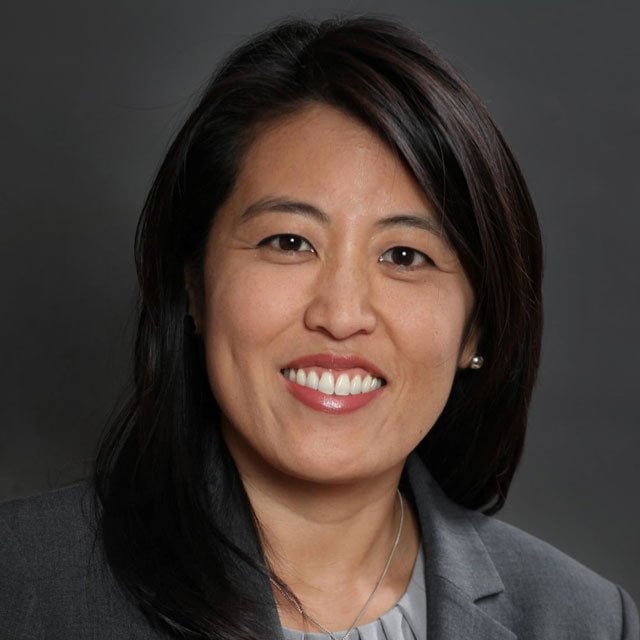Big Portfolio Trends Retirement Investors Can't Ignore

Given that the effort to prepare for retirement is a journey that spans three or four decades, it is inevitable that investors will face periods of market volatility and economic upheaval.
In the substantial experience of Ayako Yoshioka, a senior portfolio manager at Wealth Enhancement Group, skilled financial advisors deliver a lot of value to their clients during more tranquil times, but they are especially useful during periods of stress.
Simply put, the best advisors help their clients remain focused on their long-term goals and to stay the course during turbulent times, allowing them to achieve their long-term financial ambitions and experience some degree of peace of mind along the way.
Given the nature of her role at Wealth Enhancement Group, Yoshioka notes, she spends a lot of time explaining investment trends to the firm’s financial advisors, but she also listens to feedback from the advisors about the biggest financial challenges affecting their clients.
This interchange makes the job interesting and rewarding, Yoshioka says, especially during those moments when advisors have to step up and help steward their clients through some unnerving experiences.
As recounted in the dialogue below, Yoshioka says 2023 represents one of those moments — and a highly dynamic time for advisors and investment management professionals. From the mixed economic outlook to the emergence of innovative investment techniques, there is a lot for advisors and their clients to digest when it comes to managing retirement portfolios.
As Yoshioka points out, the current market environment has its challenges and risks, but it also offers savvy advisors and investors great opportunity to put themselves on the path to a stable retirement.
THINKADVISOR: To begin with, can you tell us about your background in the investment and advisory industry? Some of your earlier roles were on the institutional side of the business, yes?
AYAKO YOSHIOKA: Yes, that’s right.
Early on I started out at Capital Group [the parent company of American Funds], where I was more focused on institutional relationship management, more on the client communications side of things. I was mostly dealing with pension funds, foundations and endowments — that kind of thing. I did a lot of proposal reviews.
Eventually I moved more into investment research, still on the institutional side, but I was learning all the ins and outs of all different types of companies and how they work, from small companies to mid-cap companies to the largest companies.
I finally came over to the wealth management side of things in 2014, and later the firm I was with was acquired by Wealth Enhancement Group. Today I serve as a senior portfolio manager, and I consult with our advisors across the organization.
The work is interesting because, on this side, I am coming at the job with a more holistic asset class perspective, rather than being focused on equities.
Do you find that some of the institutional investment approaches and practices that you learned about early on in your career are making their way over to the wealth management side?
Yes, I do see that happening. Various institutional practices are moving over to this side of the spectrum, and I believe that will benefit investors. It ranges from more consideration of alternative investments to deeper reporting.
In your discussions with advisors across Wealth Enhancement Group about retirement portfolios, what topics come up the most?
There are some clear trends. Before interest rates rose to where they are now, the most common question was about how advisors can help their clients get income. It wasn’t long ago that yields were so low and safer savers were getting punished.
There was just no great way for them to get an attractive risk-free rate that would keep up with inflation, despite the fact that inflation was low.
Now the picture is different totally different. Inflation has come to the forefront, yes, and this has challenged investors and retirees, but the good news is that rates have risen dramatically. There are now once again ways to get income from your portfolio in a risk-free way. Or, at least you aren’t stretching for yield and taking uncompensated risk for income.
Today, you can get 4% to 5% returns on Treasurys. So people are really focused on taking advantage of this opportunity today because we don’t know how long it will last.
Another question about fixed income: Do people ask you whether fixed income should still be viewed as the traditional retirement portfolio ballast?






